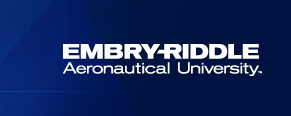Abstract
As the aviation industry modernizes, new technology and interfaces must support growing aircraft complexity without increasing pilot workload. Natural language processing presents just such a simple and intuitive interface, yet the performance implications for use by pilots remain unknown. A meta-analysis was conducted to understand performance effects of using speech and voice interfaces in a series of pilot task analogs. The inclusion criteria selected studies that involved participants performing a demanding primary task, such as driving, while interacting with a vehicle system to enter numbers, dial radios, or enter a navigation destination. Compared to manual system interfaces, voice interfaces reduced subjective workload and inattention. Time to complete interactions with the interface appear to vary based upon the individual system, with systems that require prompts or provide confirmation taking the longest. Implications of introducing natural language systems in aviation are discussed and recommendations for future study are provided.
Scholarly Commons Citation
Ward, K. A.
(2019).
Speech Interfaces and Pilot Performance: A Meta-Analysis.
International Journal of Aviation, Aeronautics, and Aerospace,
6(1).
DOI: https://doi.org/10.15394/ijaaa.2019.1305
Included in
Artificial Intelligence and Robotics Commons, Aviation Commons, Cognitive Psychology Commons, Graphics and Human Computer Interfaces Commons
